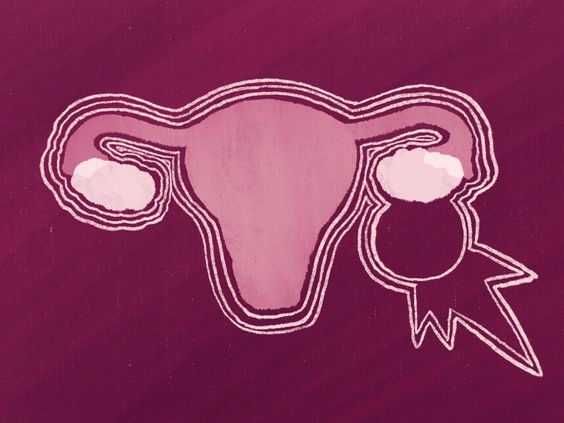What Causes Ovarian Cysts?
Introduction
Ovarian cysts are fluid-filled sacs that develop on one or both of the ovaries. They are common in women of reproductive age and often don't cause any symptoms. In fact, many women have ovarian cysts at some point in their lives without even realizing it.

Most ovarian cysts are harmless and go away on their own within a few months. However, some cysts can cause problems such as pain, irregular periods, or difficulty getting pregnant. In rare cases, a cyst may rupture or twist, which can be a medical emergency.
This article will provide an overview of ovarian cysts, including their causes, symptoms, diagnosis, and treatment options.
The ovaries are part of the female reproductive system and are responsible for producing eggs and hormones. Each month, an ovary releases an egg through a process called ovulation. During ovulation, a follicle, which is a small sac filled with fluid, develops on the ovary. Most of the time, the follicle breaks open and releases the egg. However, if the follicle doesn't break open, the fluid can build up inside and form a cyst.
There are two main types of ovarian cysts:
- Functional cysts: These are the most common type of ovarian cyst and are related to the menstrual cycle. They usually disappear on their own within a few months.
- Pathological cysts: These cysts are less common and are caused by abnormal cell growth. They may require treatment depending on the type and size of the cyst.
Symptoms of Ovarian Cysts
Most ovarian cysts don't cause any symptoms. However, some women may experience:
- Pelvic pain: This can range from a dull ache to a sharp, sudden pain.
- Irregular periods: Cysts can cause periods to be heavier, lighter, or more frequent than usual.
- Bloating: Some women may experience a feeling of fullness or pressure in their abdomen.
- Pain during intercourse: Cysts can sometimes cause pain during or after sex.
- Frequent urination: Large cysts can press on the bladder, leading to more frequent urination.
If you experience sudden, severe pelvic pain, fever, or dizziness, it's important to seek medical attention immediately as this could be a sign of a ruptured or twisted cyst.
Diagnosis and Treatment of Ovarian Cysts
If you're experiencing symptoms of ovarian cysts, your doctor will likely perform a pelvic exam and order an ultrasound to visualize the ovaries. An ultrasound uses sound waves to create images of the internal organs.
The treatment for ovarian cysts depends on the type and size of the cyst, as well as the woman's age and overall health. In many cases, watchful waiting is the recommended approach, meaning the doctor will monitor the cyst over time to see if it goes away on its own.
For cysts that are causing symptoms or are unlikely to resolve on their own, treatment options may include:
- Pain medication: Over-the-counter pain relievers can help manage pain caused by cysts.
- Hormonal contraceptives: Birth control pills can help regulate the menstrual cycle and prevent new cysts from forming.
- Surgery: In some cases, surgery may be necessary to remove the cyst. This is usually done laparoscopically, which involves making small incisions in the abdomen and using a tiny camera to guide the procedure.
It's important to talk to your doctor about any concerns you have about ovarian cysts and to discuss the best treatment options for your individual situation.





